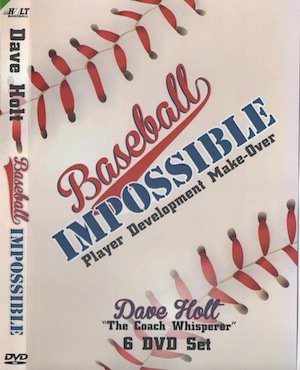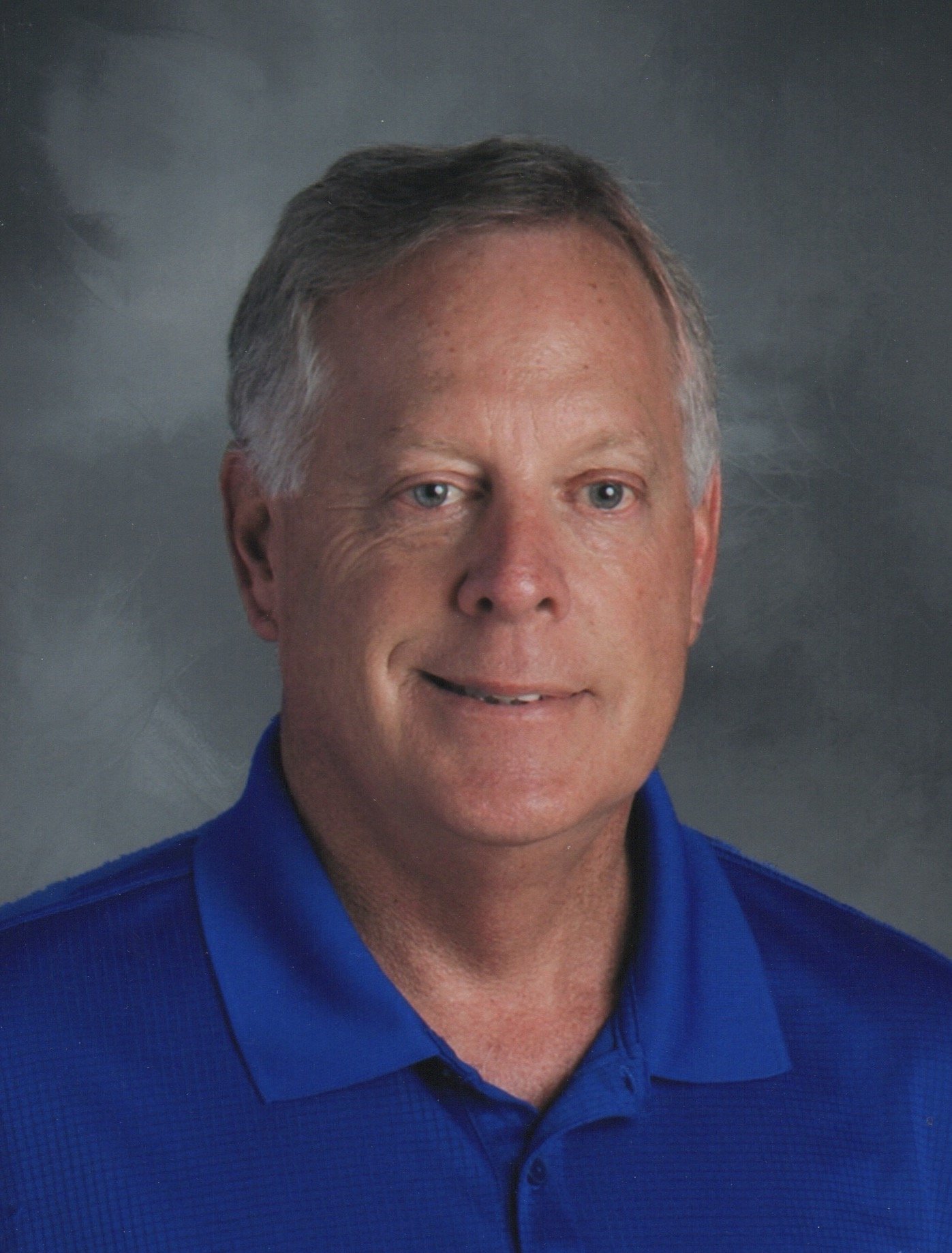Hey Friends ... sign up for my newsletter and get my
FREE Practice Checklist
Travel Ball Baseball
How to 'Outwit' the Travel Ball Devil
Let's face it, the Travel Ball Baseball model is not perfect. The current system of travel ball tournaments often benefits the the tournament directors more than the travel ball players.
Time: Yes, travel ball parents, coaches and players typically spend two or more entire weekends per month playing 4 or 5 games in a 36 hour time period.
Costs: Travel ball teams and families can easily end up spending thousands of dollars when you add up everything.
| " Hi Dave,
Thanks for all if your great content. Your website changed the way I coached a couple years ago and I haven't looked back. It took me one $600 tournament (3 game minimum) to realize what a waste it was. We can hire an umpire for $60 per game and get ten home games for the same price. Then we worked out home/away agreements with opponents, so the home team would cover umpire costs. That turned out ten games into twenty! Parents love the appeal of a tourney, but they can't argue with getting twenty games for the price of one tourney. Plus, there is zero emphasis on winning any game, so we get a ton of looks for all of our players. Coach Shaun 12U. |
Is There A Better Way
Baseball Development Model
What if we found a better way to play youth baseball? A more efficient, productive and cost effective way as a Baseball Development Model?
Our Current travel baseball USA model typically has us on a travel ball team and often playing rec ball during the week. (Rec ball is mostly because we need a ball field to practice at.
And then we find out we are so busy and completely overwhelmed we don’t have time to practice anyway—crazy!
| "A college recruiter will never ask you about your 8-14 year old travel ball record. FOCUS on development". Coach Mongero. |
Current Player Development Model
The Bad Stuff
Current model: Bad Stuff
Emphasizes winning vs. player development:
Travel ball coaches have different motivations for coaching, but the large majority of coaches will play the win-at-all-costs approach rather than put the player's skill and character development first.
$$$$$
Travel Ball Baseball can get expensive quickly often several thousand dollars per season. Adding up personal equipment, uniforms, baseballs, fancy banners and equipment trailers, renting practice facilities, tournament fees, team insurance, gadgets and aides, travel expenses (food, gas, lodging), tournament spectator tickets, private instruction, paid coaches (most have volunteer dads as travel ball coach).
Coaching:
80%-90% of volunteer coaches have not been trained as coaches or teachers. Yes, the large majority of travel ball select coaches are self taught, go by what they remember when they were kids, watch Youtube videos searching for that 'magic drill' or just plain wing it.
Travel Ball Practice:
Coaches have 12 players so only a fraction of time is devoted to each kid. Hopefully your travel ball player will join a travel baseball team that engages in weekly practice sessions. Even then it is hard for the coaches to spend much time individually with one player at a time.
Touches:
Games and practice provide too few opportunities to ‘touch the ball’. One of my biggest issues with youth baseball is the lack of touches kids get at their ballgames and practices.
Travel ball parents
Naturally get caught up in the hoopla and excitement of the ballgames. But, when you step back and analyze how many times your kids encountered the ball pre-game and during the game or during baseball practice it not enough (especially if the kid did not play Pitcher or catcher).
Time Away:
Play two tournaments per month (4 games per weekend). Plus, weeknight games and practice. Travel baseball families will invest an enormous wedge of time from their leisure activity. Out of town travel baseball tournaments add more time on the road.
Rec-Ball: (Little League, Cal Ripken, Dixie Youth, Pony, etc)
Very few ‘touches’ not many practices, lots of walks, winning-at-all-costs approach, high importance & focus of All-Stars, little if any regard to player development and/or prepping kids to play ball past age 12, very few coaches have been trained, overly intense parents coaching from the bleachers.
Wear & Tear
I do not think playing 4 or 5 games or more in a 2 day, 36 hour window is in the best interest of a baseball player's performance.
How is any player going to maintain maximum focus, stay fully competitive, be physically at their performance peak playing this much baseball in this concentrated compacted period of time?
That is a lot to ask or expect from an athlete. Too much.
My Baseball Development Model
The 'Good Stuff'
Benefits of My Baseball Development Model
Player Development promoted over winning-at-all-costs:
Not focused on game outcomes as much as using baseball as a vehicle to build character, teamwork, grit, and improve baseball skills. What should we do to help kids play baseball past age 12?
Answer: Everything we do should be facilitating and polishing the skills needed to play baseball on the big 90 foot baseball fields that starts at age 13 years old.
Focus on character building and improving baseball skills.
Save money: probably only about 1/3 the cost.
Playing travel ball tournaments are expensive especially if you travel an hour or more from home and stay overnight. You can stay locally, play like minded teams, play intrasquad games, and get just as much field time without the expense (time and wear and tear, too).
Save Time:
Fewer out of town trips, weekend tournaments and less time away from home. Travel ball tournaments can take 8 hours out of a day and even more if you travel over an hour away from home or more. This is substantial free time for a family to forego.
Playing locally and in small spurts is much less of a time burden than spending a whole weekend sweating it out in some dusty travel ball complex where the travel ball directors are cashing in on you.
It’s all about More Touches:
My format allows players to touch the ball way more often and experience playing multiple positions.
Players that handle the ball the best, throw hard and accurate, hit the ball hard, far and often have the best chance to play past age 12.
When I was in professional baseball we used to say, 'We have to get our work in." Kids need to 'get their work in'. Field it, throw it, catch it, pitch it, get the ball out of the glove quickly, swing it...touch the ball.
My baseball development model maximizes 'touches' and that helps players reach their talent ceiling.
Coaches have a Blueprint:
Coaches can follow my simple to use practice template and provide quality player development practices with only a few simple drills.
Free Play:
My Practice format shows you how to create and set up your own sandlot style games and live scrimmages. Kids love to 'play' baseball. And it does not always have to be formal and overly organized to help the kids benefit.
Play Mid-Week Game:
Schedule like-minded teams during the week for competitive scrimmages. Keep your mind on how many kids can we get into the the high school baseball funnel--not on winning.
Use the $350 - $450 from a weekend tournament and pay an umpire $60 per game and play like minded local teams during the week. Play home and home games with the home team paying for the umpire and double your games.
Hire a Pro:
Find a local professional instructor and schedule one-on-one lessons for batting, pitching and throwing. 8 one hour lessons will really help polish a player quickly.
Local academies, high school coaches, local colleges, and online services can help here:
Holt Baseball Instruction & Training
Small games:
Using my format to play small games and competitions embedded in practice planning. Kids love to compete with each other. Kids get their ‘touches’ and don’t even realize it or have time to complain about it.
Parents can watch:
Parents will take a supportive role but will be less noticed and more subdued while in attendance.
Letting kids 'play' and make their own on field decisions without the 'big people' yelling and telling them where to throw and when to run is much better for the kids.
Current Travel Ball
vs.
My Baseball Development Model
Outwit the Travel Ball Devil
Now, some folks say, “Dave, are you trashing all the travel ball teams?” No, not at all.
There are some travel ball groups that have coaches that don’t yell and scream at kids all day. There are some teams that place player development higher than winning.
But, there is room for reducing the time and expense your family invests in travel ball and blend my baseball development model into your weave.
I believe you will get more bang for your time and buck using my system rather than chasing the current year-around travel ball format and still have time and money for other life things.
This is how you can outwit the travel ball devil. Using my Baseball Development Model, you will see how easy it is to develop players in less time and save more money.
Stay in touch as we will have more to come….
p.s. Send me your biggest questions, problem, challenge and concerns about coaching youth baseball. Contact me
Travel Ball Tryouts
I always like the little quotes from Coach Mongero...
Travel Ball Baseball tryouts and middle school baseball tryouts can boil down to some intangibles.
| "I watch warm-ups. I see who cuts corners. I see who stretches half-heartedly. I watch body language. Right there, that's enough information for me to know if a player is committed.." Coach Mongero. |
P.S.S. I invite you to join our baseball community
Facebook group
Baseball Impossible: Player Development Make-Over
Build Your Own Culture of Player Development
&
Increase Your Players FUN Level
6-DVD Video Set Building Your Complete Player Development System
Click to Order
Audio CD Format Click Here

Coaching 6-DVD Box Set
Yes Dave, I Want to Help My Players Enjoy the GAME
Coaching little league baseball & youth baseball can be a blast or could be a Tough Gig.
Who in their right mind would come back year after year and have teasing baseball practice and never improve their baseball skills? and get welled at by adults?
Baseball Coaching Videos: Watch over 6 hours of tips on coaching approach, style, philosophy, and my unique player development system.
Youth baseball carers are short-lived so lets make it count for our players. What do players really want out of playing baseball?
I want to find out more about the 6 DVD Player Development System
How to
Jump-Start Your Coaching Skills
"5 Steps to Ultimate Baseball Coaching Excellence"
Who: All baseball & softball coaching age levels
What: Teaches approach, philosophy, practice planning, drills, game management, communication skills, player development methods, and more. No other course compares.
5 Steps to Ultimate Baseball Coaching Excellence
Order Now
High Tempo© Baseball Development Systems
New innovative, accelerated youth baseball practice and competitive game format made to increase player development and the kids have a blast.
High Tempo© Baseball Development Systems
Phase I: High Tempo© Team Practice System
Phase II High Tempo© Competitive Game Modification System
Order Now
3 Course Bundle...Best Value
Downloadable eBooks
Check out these vitally important eBooks to include in your coaching library.
"Time to Shine: My Baseball Coaches Practice System 7 Year Plan to Help Kids Reach HS Baseball
"Build Your Ultimate Culture of Hitting"
Take a look at all the coaching products that will make your coaching experience top of the line and help bring your player's enjoyment level much higher.

